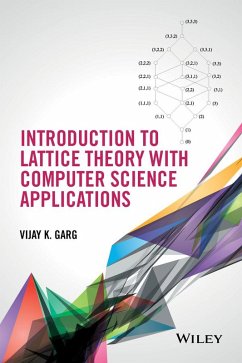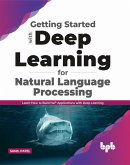A computational perspective on partial order and lattice theory, focusing on algorithms and their applications This book provides a uniform treatment of the theory and applications of lattice theory. The applications covered include tracking dependency in distributed systems, combinatorics, detecting global predicates in distributed systems, set families, and integer partitions. The book presents algorithmic proofs of theorems whenever possible. These proofs are written in the calculational style advocated by Dijkstra, with arguments explicitly spelled out step by step. The author's intent is for readers to learn not only the proofs, but the heuristics that guide said proofs. Introduction to Lattice Theory with Computer Science Applications: * Examines; posets, Dilworth's theorem, merging algorithms, lattices, lattice completion, morphisms, modular and distributive lattices, slicing, interval orders, tractable posets, lattice enumeration algorithms, and dimension theory * Provides end of chapter exercises to help readers retain newfound knowledge on each subject * Includes supplementary material at www.ece.utexas.edu/~garg Introduction to Lattice Theory with Computer Science Applications is written for students of computer science, as well as practicing mathematicians.
Dieser Download kann aus rechtlichen Gründen nur mit Rechnungsadresse in A, B, BG, CY, CZ, D, DK, EW, E, FIN, F, GR, HR, H, IRL, I, LT, L, LR, M, NL, PL, P, R, S, SLO, SK ausgeliefert werden.









